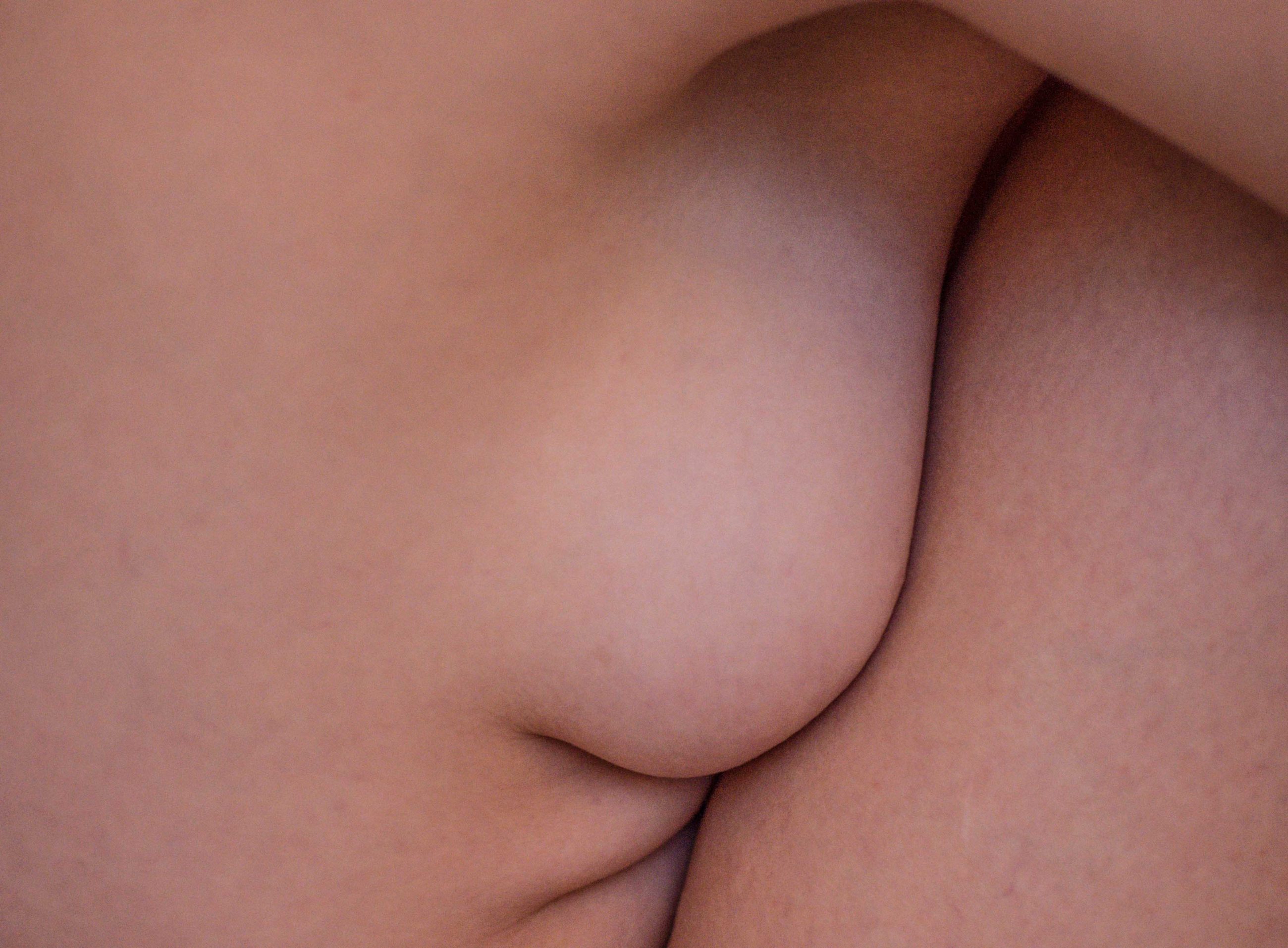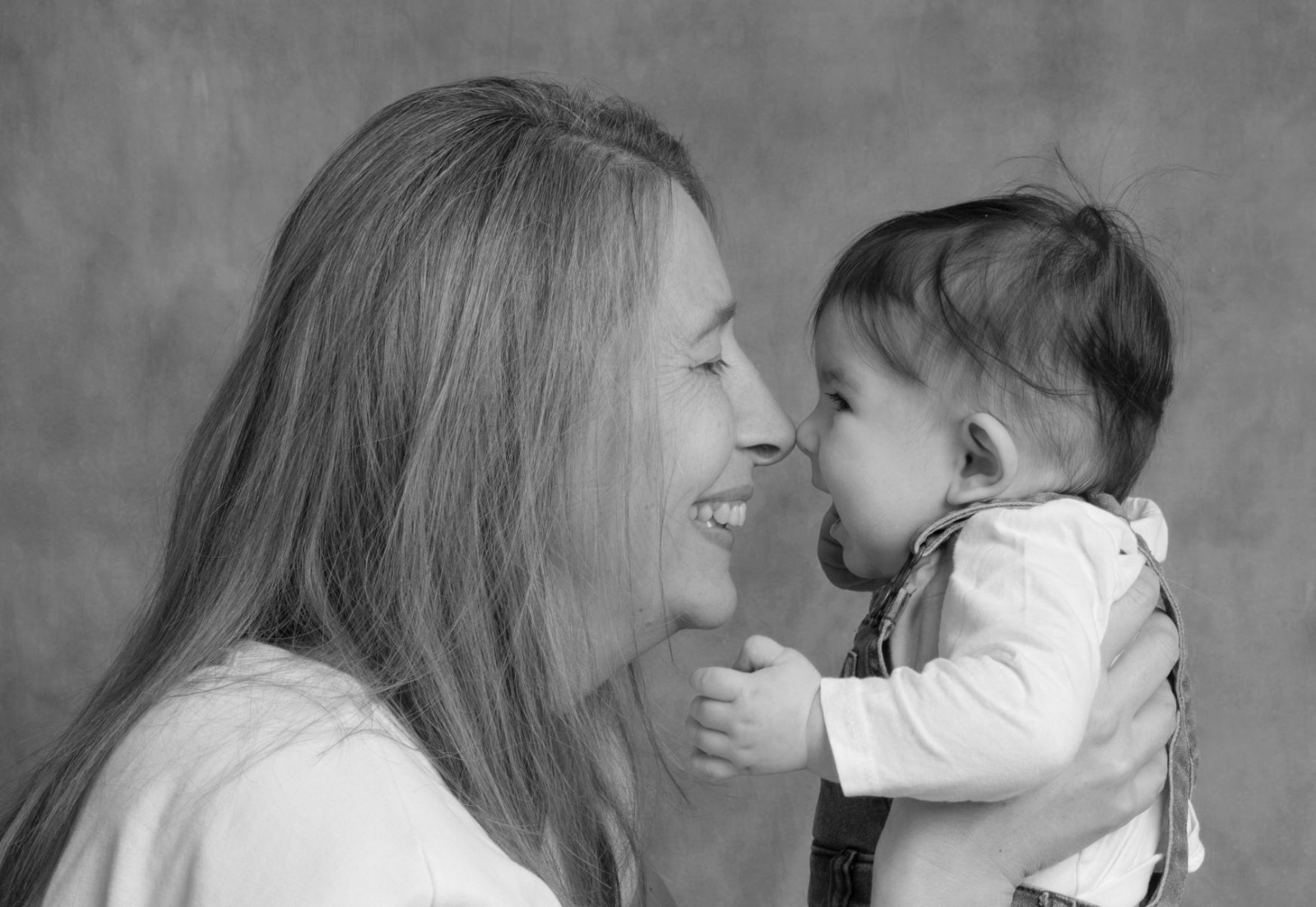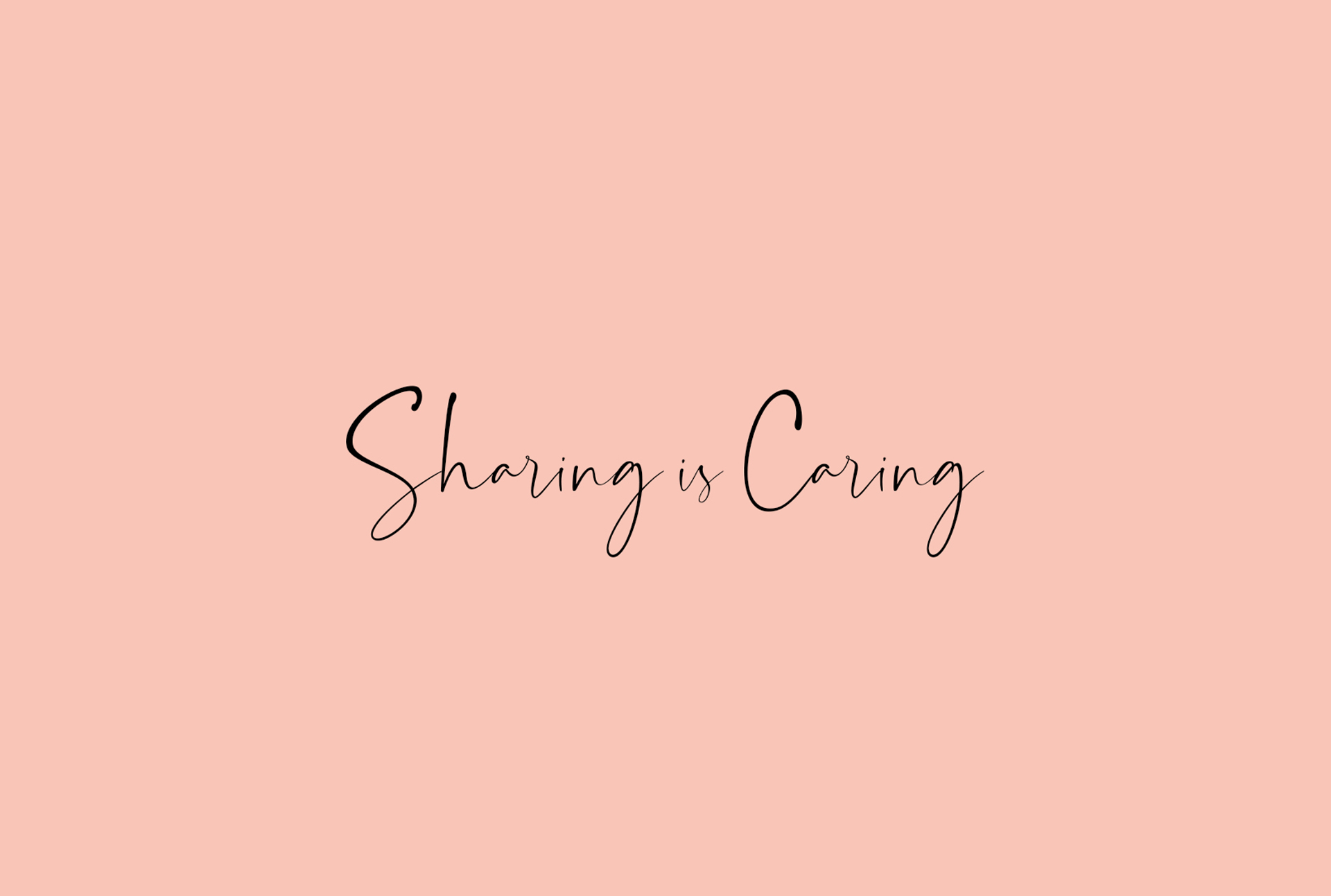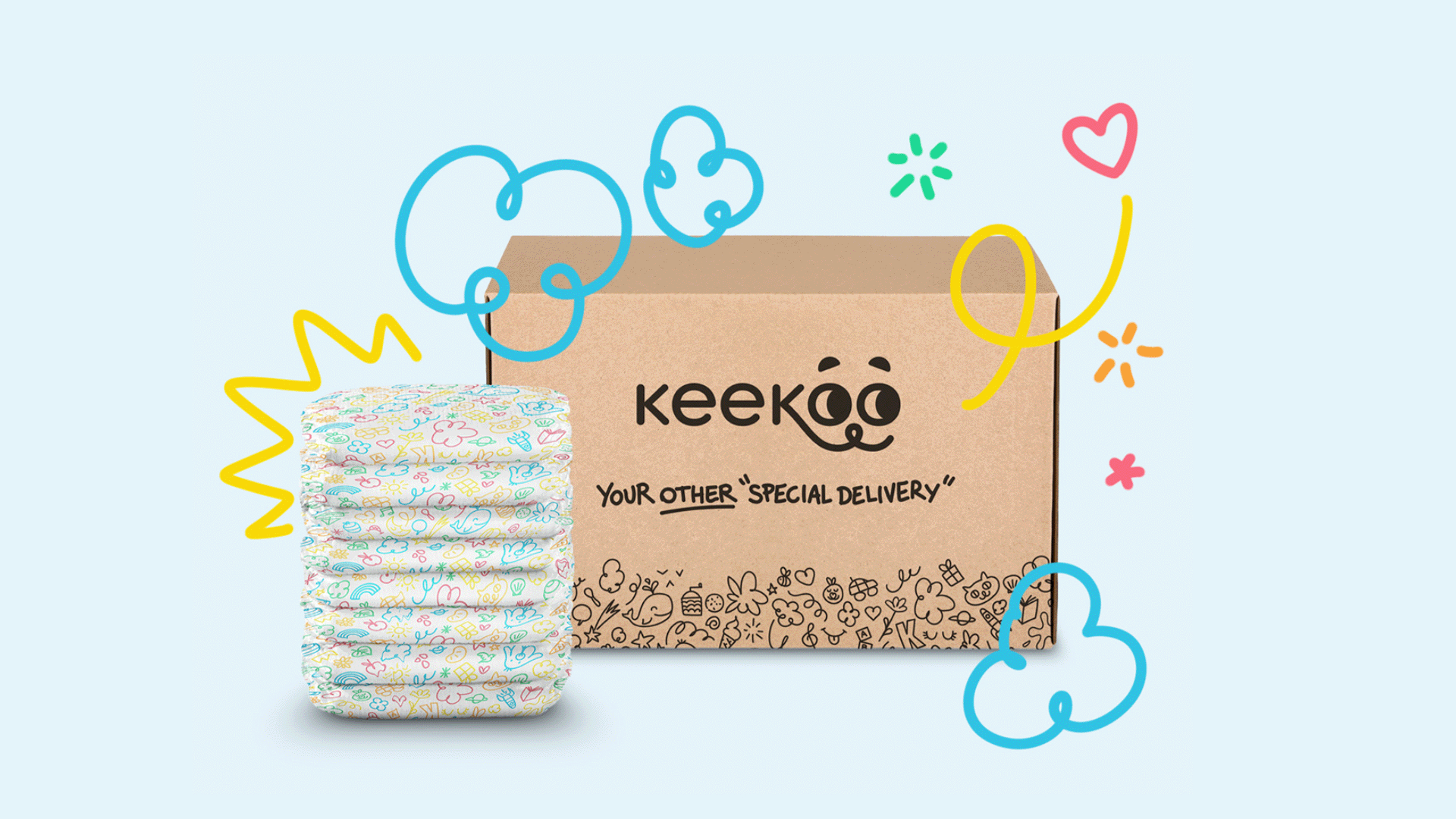Bien que la production de lait et la mise au sein soient des phénomènes biologiques et naturels en bons mammifères évolués que nous sommes, l’allaitement maternel, lui, n’est pas forcément inné. Pour les jeunes ou futures mamans qui ont fait le choix d’allaiter ou qui se questionnent, donner le sein demande souvent un accompagnement et un soutien physique et émotionnel, d’information et de désinformation, pour mener à bien ce projet dans des conditions optimales. Voici quelques pistes pour vous préparer à un allaitement maternel serein (ou presque!).

Tout d’abord rassurez-vous ! Allaiter est un apprentissage aussi bien de la part de la maman que du bébé. Tous deux doivent (se) découvrir et (s’) apprivoiser et ce, à chaque nouveau bébé. Les cas où des mères ne peuvent absolument pas allaiter sont rares mais beaucoup d’allaitements s’arrêtent rapidement : pas assez de lait, douleurs, sommeil et bien d’autres raisons…et pour cause ! Les jeunes mères sont souvent livrées à elles-mêmes dans cette aventure alors qu’elles viennent d’accoucher, qu’elles ne sont pas suffisamment informées et que les hormones jouent les montagnes russes entre bonheur, amour et doutes sur le fait d’être à la hauteur. Vais-je y arriver ?!
– Le peau à peau, la tétée d’accueil à la sortie de votre bébé et celles des heures suivantes sont essentielles ! Bébé vous retrouve, vous l’observez, le découvrez et cette bonne vieille ocytocine (l’hormone de l’amour et par excellence celle de la grossesse, accouchement et post-partum) va jouer son rôle. Dès la naissance, votre bébé va recevoir du colostrum, liquide jaune et épais, véritable super-aliment pour votre nouveau-né. Il faut savoir que ce colostrum ne va se transformer en lait qu’au bout de 3 jours en général (un peu plus si vous avez eu une césarienne), la fameuse « montée de lait ». C’est donc normal si le bébé perd un PEU de poids les 3 premiers jours ! Si vous souhaitez allaiter et que votre bébé est en parfaite santé, pas besoin de le complémenter au biberon dont le débit est plus rapide et l’effort moindre. Téter demande un certain effort (bénéfique) à votre bébé qui va faire travailler ses mâchoires comme un athlète, le temps qu’il s’habitue.
– Aïe, ouille ! Oui, il est fréquent d’avoir une sensation un peu douloureuse au moment de la succion les premiers jours avec le réflexe d’éjection du lait. Les seins sont hypertendus et ce qui va les soulager c’est de faire téter bébé…et vous aurez des contractions (encore ?!). Celles-ci vont remettre votre utérus à sa place et ainsi lui faire retrouver sa taille normale vite fait bien fait ! Enduisez vos mamelons de votre propre lait et portez des coquilles de nacre ou des coupelles en argent pour prévenir et soigner les éventuelles crevasses. Cette sensation de tiraillement peut durer quelques jours ou les 2-3 premières semaines et la sensibilité va dépendre d’une femme à l’autre. Cette sensation va s’estomper et un allaitement qui se passe bien ne FAIS ABSOLUMENT PAS MAL. Si c’est le cas et que c’est douloureux, faites bien attention à la posture du bébé et à la position de sa bouche sur le mamelon, faites-vous aider, ne restez pas en souffrance ! Des engorgements peuvent subvenir et être rapidement traités avec les bons gestes (eau chaude, massage, cataplasme d’argile, et surtout faire téter votre enfant, certes douloureux avec un engorgement mais radical, il faut drainer !).
– Est-ce que mon bébé a assez à manger ? Lorsqu’il n’est pas possible de quantifier la quantité de lait qui sort du sein, les mamans se demandent fréquemment si leur lait suffit et peut devenir une source d’angoisse. Votre sage-femme va peser votre bébé à chaque visite à domicile pendant le post-partum, puis votre pédiatre, et ainsi calculer si votre enfant prend du poids en suffisance. De votre côté, soyez attentifs à ce que votre bébé mouille sa couche régulièrement. Laissez votre enfant vider votre sein avant de l’enlever. En effet, le lait se modifie même au cours des tétées et les bonnes graisses arrivent en dernier. Une fois le premier sein terminé, passez au second qui va agir comme dessert…ne l’en privez pas ! A la prochaine tétée, commencez par le sein avec lequel vous avez terminé. Oubliez également la montre ! Le lait maternel est plus digeste que le lait artificiel, votre nouveau-né va le digérer plus vite et c’est pour cela qu’il va manger plus souvent. L’allaitement c’est la loi naturelle de l’offre et de la demande. Plus vous donnez, plus il y en a. A contrario, si vous limitez le temps de la tétée et que vous espacez, votre production va diminuer et votre bébé n’aura plus assez de lait pour se nourrir exclusivement de celui-ci.
Le stress et les inquiétudes sont normaux mais ne rendent pas service à l’allaitement. Profitez de ces (nombreux) instants pour regarder votre bébé sous toutes les coutures, pour vous poser, nous qui vivons dans une société où tout va trop vite. Buvez beaucoup d’eau (et tisanes adaptées) et entre les tétées profitez de vous reposer, le ménage attendra. Continuez à manger équilibré et à maintenir une bonne hygiène de vie dans la même veine que pour la grossesse (oui oui le malt de la bière est galactogène disent nos mères… certes mais prenez la version 0% d’alcool !). Certaines plantes et aliments sont galactogènes et d’autres peuvent diminuer votre production à fortes doses. Une attention particulière à la prise de médicaments, toujours vérifier et demander l’avis d’un professionnel, et évitez de mettre des crèmes, lotions sur votre poitrine. De la même façon, le sevrage est un moment important pour vous et votre bébé et ce, à n’importe quel stade de la croissance (et aussi après la perte d’un bébé lorsqu’il y a montée de lait). N’hésitez pas à demander du soutien pour faire la transition alimentaire et émotionnelle en douceur car il ne faut pas oublier que l’alimentation au sein n’est qu’un petit pourcentage de ce qu’apporte l’allaitement.
- La Leche League Suisse
Le site de référence pour trouver une animatrice bénévole et formée qui pourra répondre à vos questions par téléphone. Vous pouvez aussi aller aux réunions de soutien. Tout l’agenda en ligne près de chez vous. - Allaiter.ch
- Jolly Mama, Elvie, Medela, etc.


Rebeca Foëx-Castilla
Maman d’Ethan, Amos et Numa
Doula diplômée
www.rebecadoula.ch
contact@rebecadoula.ch
Instagram
Lire sa MotherStory



















Partager cet article